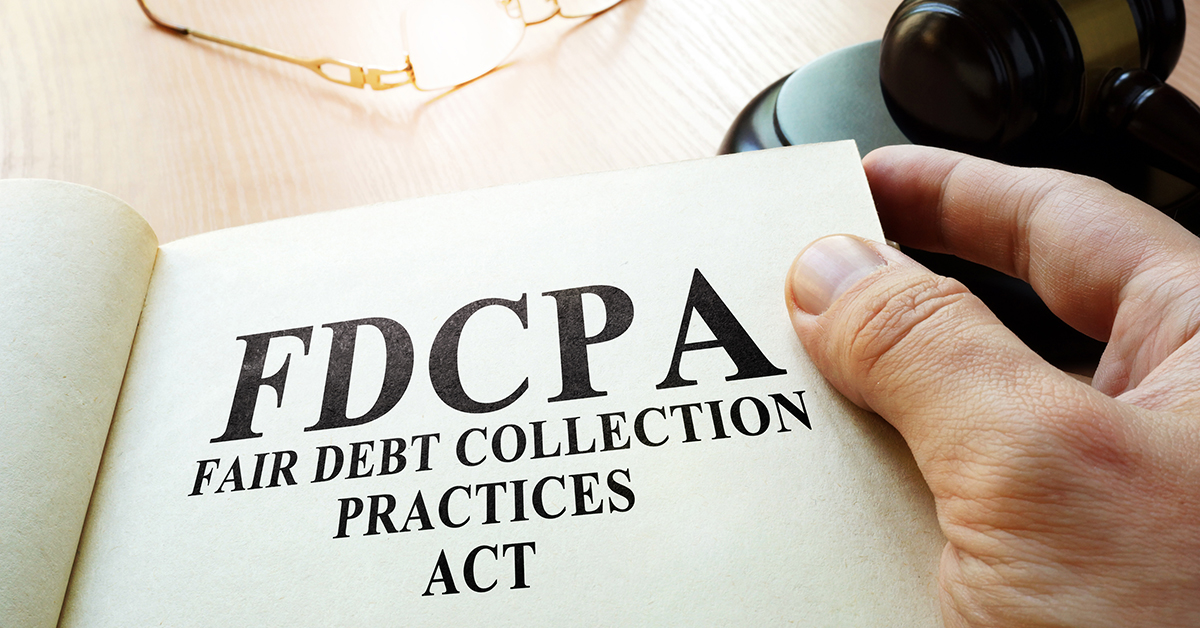
The Fair Debt Collection Practices Act (FDCPA) is the federal law that offers protections to consumers from aggressive debt collectors. Whether the debt is owed or not, collectors may not harass or abuse the consumer, and they can not misrepresent the debt. If a collector violates the FDCPA, the consumer may pursue a lawsuit against the collector, and the collector will be responsible for paying the legal fees.
Although collectors are aware of the FDCPA, many times their collection tactics violate the law. For example, a collector might telephone a consumer and use threatening language to get the consumer to pay. Or, letters could be sent to the consumer that misrepresent the amount of the debt. Or, the collector may make false statements such as stating a lawsuit will be filed with no intention of doing so. Another common violation, which is most embarrassing, is when a collector calls a relative, neighbor or co-worker and discusses your debt. These tactics are not permitted under the FDCPA.
Five Important Things to Remember about Collection Contact
1. You Have Rights
Debt collectors need to follow the law. They are required to provide proof of the debt, including the name of the initial creditor and account number, how much you owe and how the debt was calculated.
2. You can dispute the debt
The initial collection notice you receive from a collector will state that you have 30 days after receiving the collection notice to send a written dispute to the collector to obtain verification of the debt, or a copy of a judgment that had been entered against you. You have the right to request proof of the debt and how it was calculated by sending a Validation and Itemization letter to the collector.
 3. Collection Calls: Take notes
3. Collection Calls: Take notes
Have a paper and pen handy to make notes during a collection call. Be sure to note the date and time, name of collector and collection agency, Caller ID#, and details of your phone conversation. If the collector makes threatening or misleading statements, jot them down.
4. You may request the collector stop contacting you
Should the collection contact become overbearing, you may request the collector to Cease & Desist contact with you, verbally and in writing. Once your written request is received by the collector, they have the right to contact you one final time to let you know their next step. Just remember, ending contact with a collector does not end the collection of the debt. Typically, the debt will be assigned or sold to another agency or law firm to resume collection.
5. Seek legal help from an experienced consumer protection law firm
If you think a debt collector has crossed the line by violating the FDCPA, you may have a legal case against them. Whether you owe a debt or not, a consumer protection attorney can examine your communications with the debt collector and determine whether your rights had been violated.
Flitter Milz, P.C. is a nationally recognized consumer protection law firm that represents consumers in individual and class action lawsuits against debt collectors that have violated the FDCPA. Contact us today for a FREE consultation to evaluate whether the collector has violated your consumer rights.








